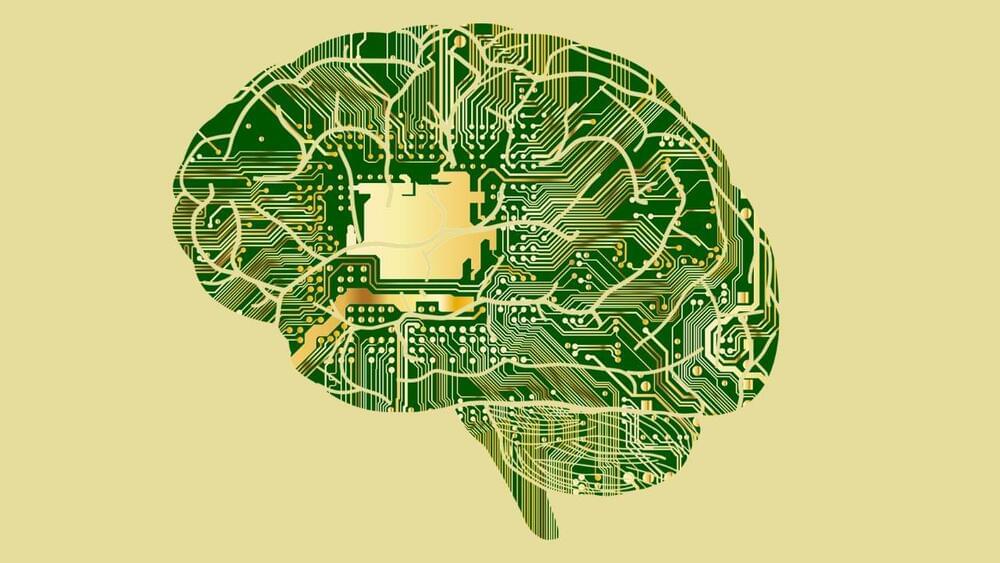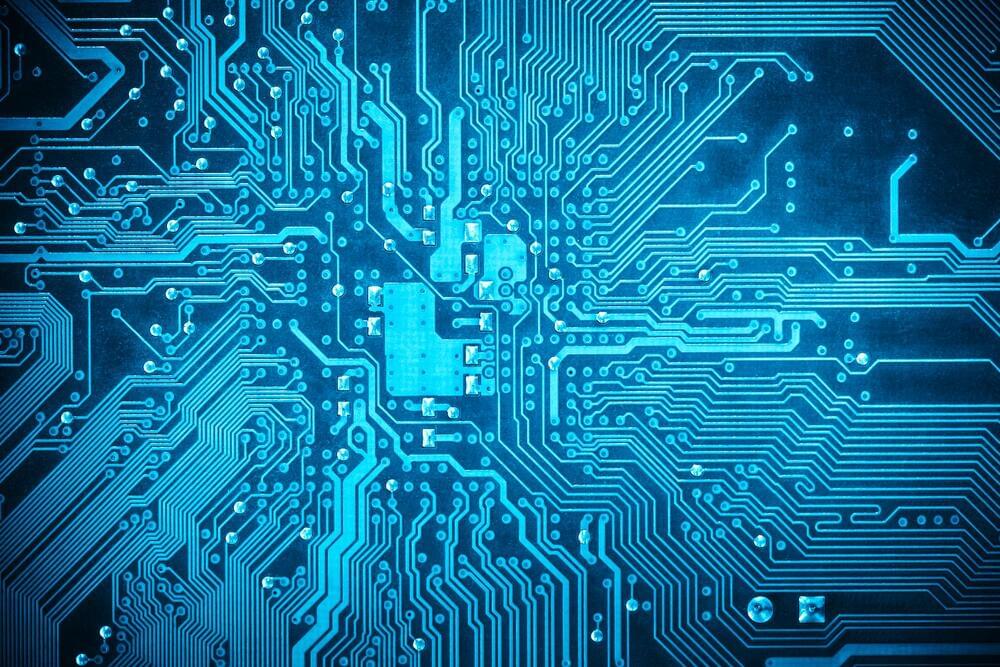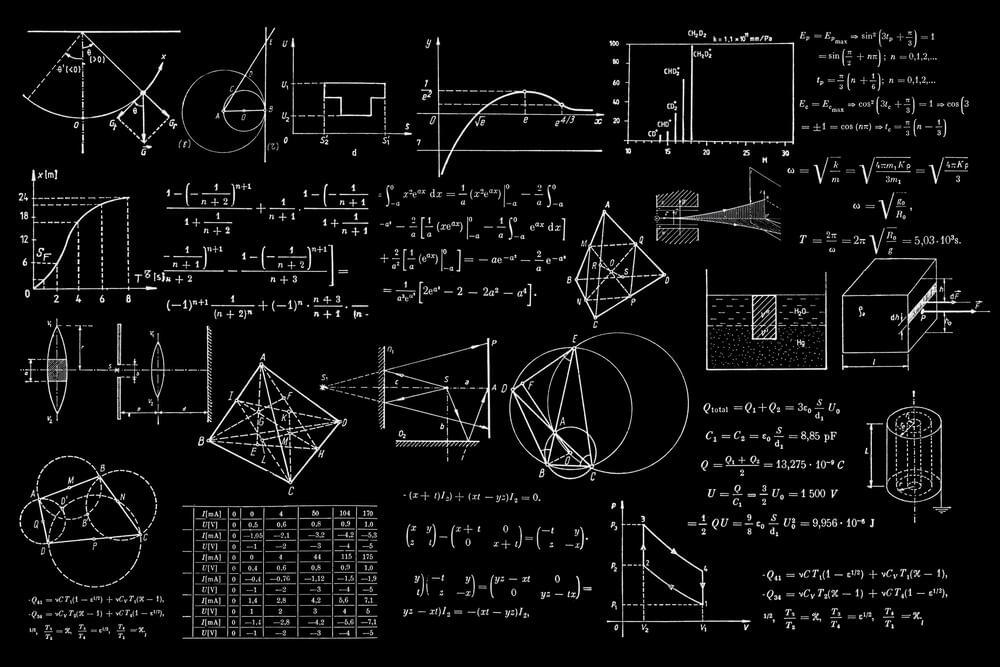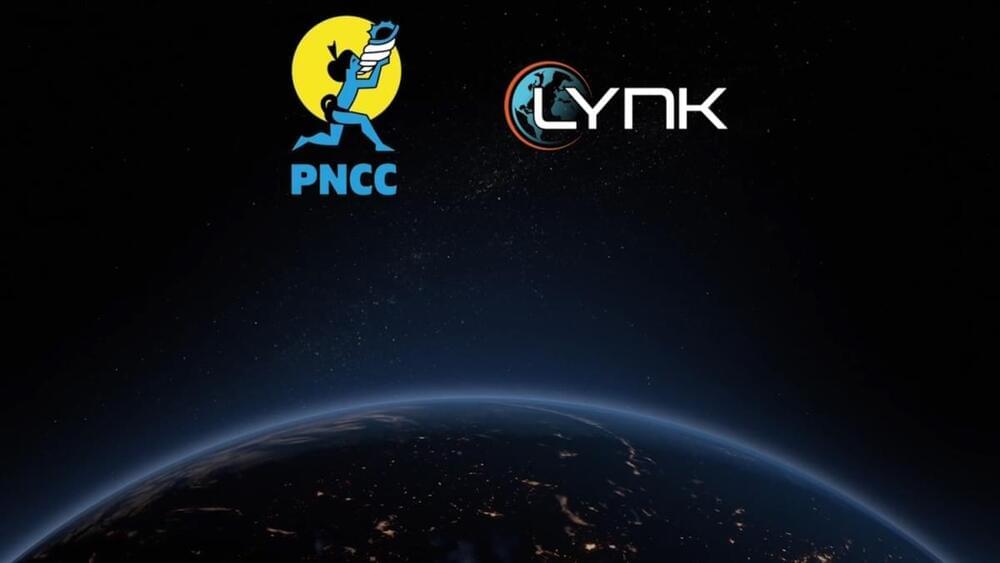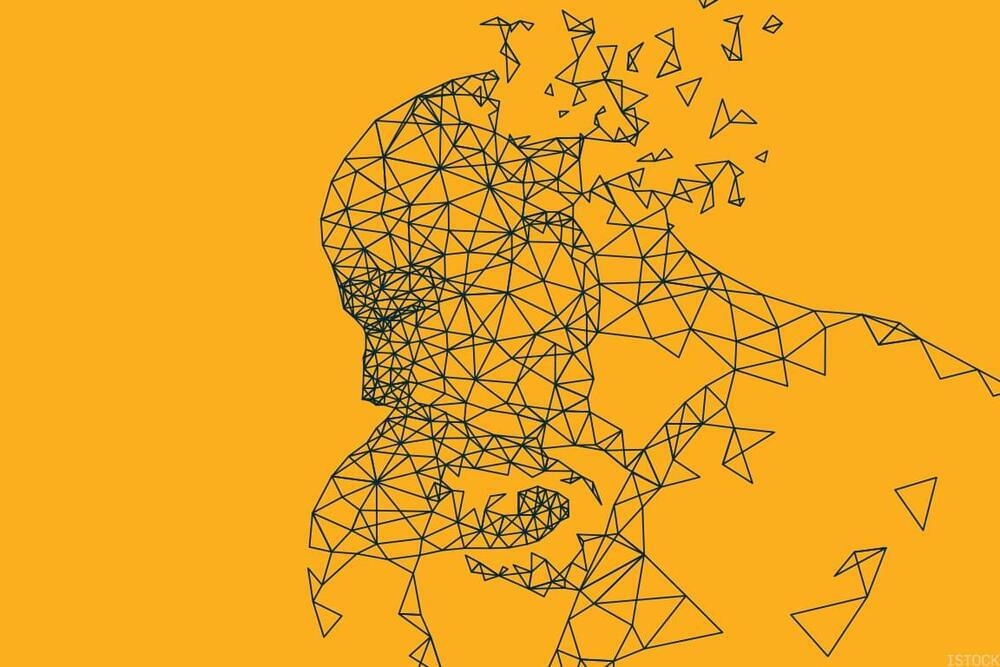Shouldn’t Facebook have alerted us and not CBS News?
The fake notice went on to say that a photo uploaded to the account’s page violated Facebook’s copyright infringement policy and that the decision could be appealed within 24 hours.
Hackers are sending fake copyright infringement notices to Facebook users to steal their credentials, a new research by Avanan has found.
In a phishing attack that primarily targets organization accounts, users would receive fake copyright infringement notices threatening to terminate their pages – unless they immediately take action.
“Your account has been suspended. This is because your account, or activity on it, doesn’t follow our Community Standards,” read one of such messages shared by Avanan.

